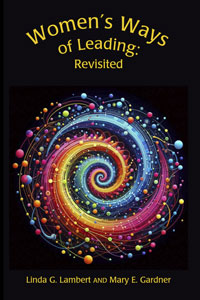« The Muslim Brotherhood & The Cairo Codex 9 | The Muslim Brotherhood & The Cairo Codex-Summary »
The Muslim Brotherhood & The Cairo Codex 10

So, how has labeling the Brotherhood as a terrorist organization affected Egypt? This is my take, as Fareed Zakaria would say. The Brotherhood response to the coup could have been expected. They fought back; there was violence in the streets. Now labeled as a terrorist organization by El Sisi, they met those expectations, unfortunately including the burning of Christian churches. The traditional leadership lost control.
This loss of control by the Brotherhood’s old guard meant the peeling off and radicalization of younger members. “We tried democracy, the ballot box,” they shouted, “and see where that got us.” Many joined ISIS, thus bringing more random violence to the Sinai, the western desert—and the cities along the Nile as well.
The insistence by President El Sisi and his administration that all Brotherhood members are terrorists has meant a failure to distinguish between those members who would like to return to civility and those who are radicalized. A new form of rapprochement is needed. In the meantime, the current military government uses the threat of terror to keep a tight control on civil rights.
The next essay–# 11—will bring us full circle back to The Justine Trilogy and how these novels unfolded in the light of changes in the Middle East.
Leave a Reply



 Mary Gardner, a retired educator, has dedicated much of her life to learning and leading. She was a teacher, administrator, researcher, and continues to be a writer, mentor and consultant. She and Linda are known for their original work in reframing leadership. Their latest book is Women’s Ways of Leading: Revisited.
Mary Gardner, a retired educator, has dedicated much of her life to learning and leading. She was a teacher, administrator, researcher, and continues to be a writer, mentor and consultant. She and Linda are known for their original work in reframing leadership. Their latest book is Women’s Ways of Leading: Revisited.